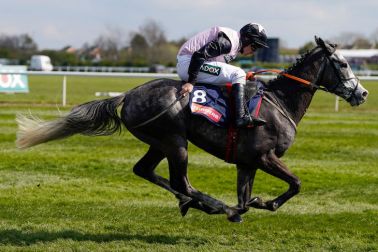Jonathan Coe writes compelling, humane and funny novels, but you sometimes suspect he wants to write more audacious ones. He has a long-standing interest in formally experimental writers — Flann O’Brien and B. S. Johnson are heroes — but it’s an interest that has never really become full-blown influence. Though The Rotter’s Club (2001) — our first introduction to some of the characters who populate Middle England — contains a 13,000-word-long sentence and a wonderfully complicated scene in which a husband and wife have a misdirected conversation (he completing a crossword; she reading a love letter from one of her son’s teachers) as they each consult a dictionary, for the most part experimentalism is confined to the surface of Coe’s novels. This is not to say that there isn’t profound pleasure to be found in them, but it’s of a kind that confirms rather than challenges your prejudices.
Middle England is the third instalment of a trilogy (the second,The Closed Circle, published in 2004, covered the Blair years) that follows the lives of a group of Birmingham school friends from the 1970s to the present. There are three central characters: Benjamin Trotter, the passive, thoughtful schoolboy of The Rotter’s Club; his niece Sophie; and his mate Doug Anderton.
Benjamin, the centrist dad of English fiction, has turned 50. In The Closed Circle he lost his faith and split up with his wife, Emily. Now we find that he has sold his flat and retired to a country mill to finish his magnum opus — a sprawling, multimillion-word-long Gesamtkunstwerk that he’s been tinkering with for decades. Sophie — the daughter of Benjamin’s sister Lois, who was traumatised in the Birmingham pub bombings of 1974 — is an art historian who, much to her own surprise, marries a dull but decent man named Ian, starts hanging out on suburban golf courses, and gets swept up in a scandal of identity politics at the university she teaches in.








Comments
Join the debate for just £1 a month
Be part of the conversation with other Spectator readers by getting your first three months for £3.
UNLOCK ACCESS Just £1 a monthAlready a subscriber? Log in